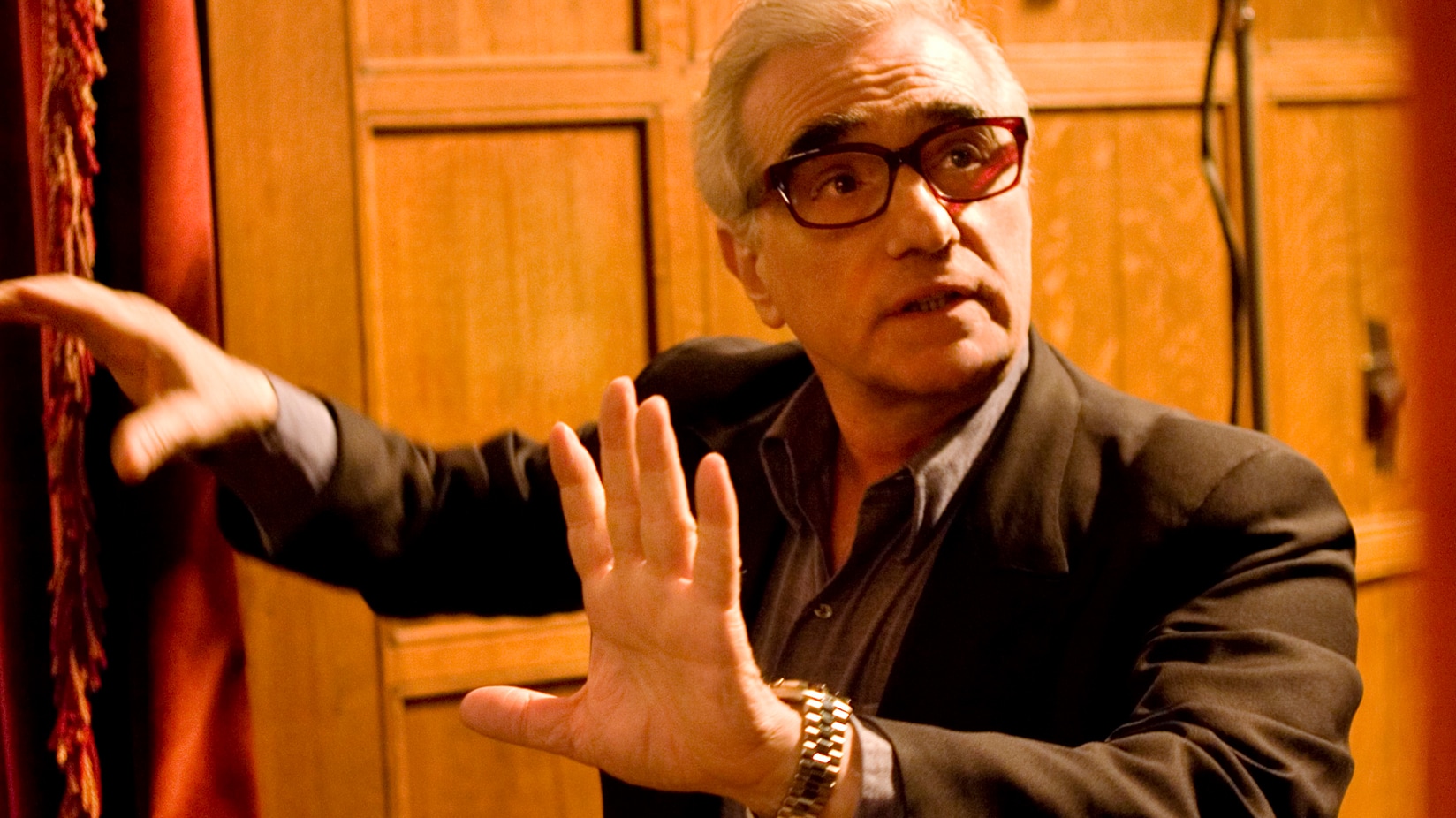Scorsese Screens - December 2021
There are 70 titles in this year’s TCM Christmas Marathon. Several of the titles are repeated, and there are a few cases of alternate adaptations of the same beloved source material. Most of the pictures are American, and the vast majority of them were made in the 40s and the 50s, when the Christmas movie became a genre in and of itself, tied into American middle class life.
Amidst all the feel good studio product, there are some interesting choices, like Robert Montgomery’s adaptation of Chandler’s Lady in the Lake (a very different kind of Christmas movie) and great films like Remember the Night, Meet Me in St. Louis, All That Heaven Allows and, of course, The Shop Around the Corner. In fact, that picture will be shown three times on TCM this month, the first time as part of a 17-picture tribute to Ernst Lubitsch. It’s rare that a picture lives on as both a popular and an artistic touchstone, but that’s the kind of director that Lubitsch was. His celebrated “touch” was really an extremely close attention to detail and an understanding that all comedy lives on the razor’s edge of sadness or fear or even tragedy (I’m thinking of Cluny Brown and, of course, To Be or Not To Be, both included).
Most Christmas pictures have a sudden happy reversal of fortune at the end, and in The Shop Around the Corner there are many of them, but they all mesh beautifully because they’re so nuanced. I’m astonished by the body language in Lubitsch’s movies, which is so subtle, so refined, so precisely tuned to the distance of the camera and the placement of the actors in the frame. At the end, when Frank Morgan, as the owner of the department store, invites Charles Smith, the new stock boy, to join him for Christmas dinner, the material as written is designed to pack a sentimental punch. So is James Stewart’s withholding of the final revelation to Margaret Sullavan, drawn out for as long as possible. But the staging of both scenes is so richly detailed and visualized that everything leading up to the climactic moments comes alive.
The same can be said of most of the pictures included in this tribute, which concisely represents the span of Lubitsch’s career. He used to be discussed in terms that were respectful but limiting, as if he were a purveyor of European delicacies. You look at the pictures now and you see just how insightful an artist Lubitsch was. It’s hard to think of another director, of any era, with such a mature understanding of vanity as part of the human condition. When you watch The Shop Around the Corner or Trouble in Paradise or Ninotchka, you feel the sheer, undeniable presence of human vanity. The characters in those films, like all of us, scoff at vanity or ridicule it in others while they try to deny it in themselves. Lubitsch was wise and clear-eyed enough to know that it’s as much a part of our lives as breathing.














